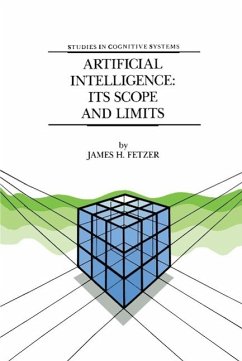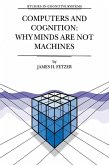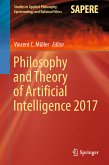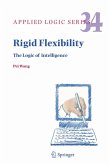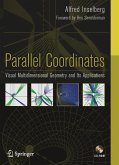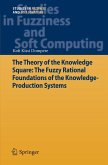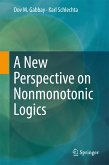This series will include monographs and collections of studies devoted to the investigation and exploration of knowledge, information, and data processing systems of all kinds, no matter whether human, (other) animal, or machine. Its scope is intended to span the full range of interests from classical problems in the philosophy of mind and philosophical psycholo gy through issues in cognitive psychology and sociobiology (concerning the mental capabilities of other species) to ideas related to artificial in telligence and to computer science. While primary emphasis will be placed upon theoretical, conceptual, and epistemological aspects of these prob lems and domains, empirical, experimental, and methodological studies will also appear from time to time. The perspective that prevails in artificial intelligence today suggests that the theory of computability defines the boundaries of the nature of thought, precisely because all thinking is computational. This paradigm draws its inspiration from the symbol-system hypothesis of Newell and Simon and finds its culmination in the computational conception of lan guage and mentality. The "standard conception" represented by these views is subjected to a thorough and sustained critique in the pages of this book. Employing a distinction between systems for which signs are signif icant for the users of a system and others for which signs are significant for use by a system, I have sought to define the boundaries of what AI, in principle, may be expected to achieve.
Dieser Download kann aus rechtlichen Gründen nur mit Rechnungsadresse in A, B, BG, CY, CZ, D, DK, EW, E, FIN, F, GR, HR, H, IRL, I, LT, L, LR, M, NL, PL, P, R, S, SLO, SK ausgeliefert werden.

